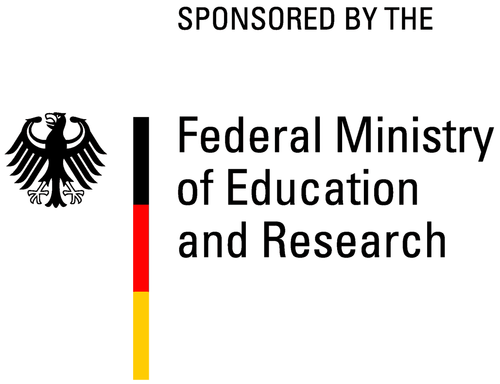Andrej Mirčev

Interweaving Performance Cultures
Fellow 2016/17, 2017/18
Andrej Mirčev is a scholar of performance studies, and a visual artist and dramaturge. He studied philosophy, history and theatre studies in Zagreb and completed his PhD at the FU Berlin’s International Research Training Group Interart Studies. In his work, he experiments with constellations between different media (photography, video, performance, installation). He has participated in several group and solo shows. His research has been presented at various conferences and he has published extensively in a wide range of publications. With a special interest in dance dramaturgy, Mirčev has successfully collaborated with many choreographers. He teaches the history of theatre as an assistant professor, as well as courses on dramaturgy and intermediality at the Acting and Media Department in Rijeka (Croatia). Since 2013 he has been a part of the scholarly network Action Art Beyond the Iron Curtain (funded by the German Research Foundation / DFG), dedicated to studying performance and action art in the former socialist countries of East Europe.
Research Project
(Un)Framing Icons: Performances of Blasphemy in Post-Yugoslavia
Examining the notion of the icon (as it was formulated during the iconoclastic controversy of the Byzantine Empire between the 8th and 9th century) and relating it critically to questions of the staging of religious images and identity (mis)representations in theatre, performance and visual arts, this project aims to reflect how contemporary artistic practices in post-Yugoslavia (Croatia, Bosnia, Serbia and Slovenia) challenge the entanglement of religion and spirituality with right wing politics/ideologies. What all the examples under consideration have in common is the frantic reactions and scandals they triggered, both in the audience and within the public sphere. Thus, the idea of an iconoclastic performance, which will be developed here, can be reasserted to address paradoxes and the dialectics between image, religion, embodiment and performance. In this context, theatre and the arts are approached not only in aesthetic terms, but are seen as tools for grasping complicated social and political subjects in difficult geo-historical circumstances, marked foremost by the war in the 90s and the economic/ideological transition from socialism to capitalism (and nationalism/patriotism). Methodologically and epistemologically, the research is grounded in an interdisciplinary approach, which combines and interweaves theatre studies with visual, colonial and gender studies, theology and critical theory. In such a discursive constellation, the relation between performance and spirituality is addressed focusing on the political implications and iconic mediations/representations of that (dis)connection.
Recommended Publications
- Besançon, A., The Forbidden Image: An Intellectual History of Iconoclasm. Chicago: University of Chicago Press, 1994.
- Mirčev, A. “Emancipatory Strategies or On the Performative Dimension of the Archives”, in: Jasmina Večanski (Ed.), 15thBiennial of Art: De/Re/Construction: Space, Time, Memories, Pančevo: The Cultural Center of Pančevo, 2012, pp. 25-33.
- Vnuk, G. “Festival of the Iconoclastic Theatre”, in: FrakcijaArts Magazine, No. 15, October 1999, pp. 29-37.
